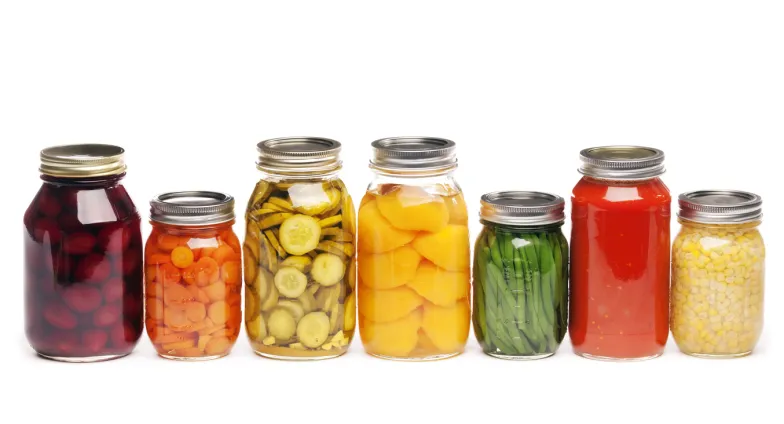Food Preservation and Wild Game
NDSU Extension shares tested, research-based food preservation methods so the home preserver can be confident in the safety and quality of the product they preserve. Explore our resources for step-by-step procedures, best practices and even information to troubleshoot problems if your product does not turn out.
TOPICS
Food Preservation 101 Online Course
NDSU Extension and Cankdeska Cikana Community College have partnered to bring you five educational modules on food preservation!

